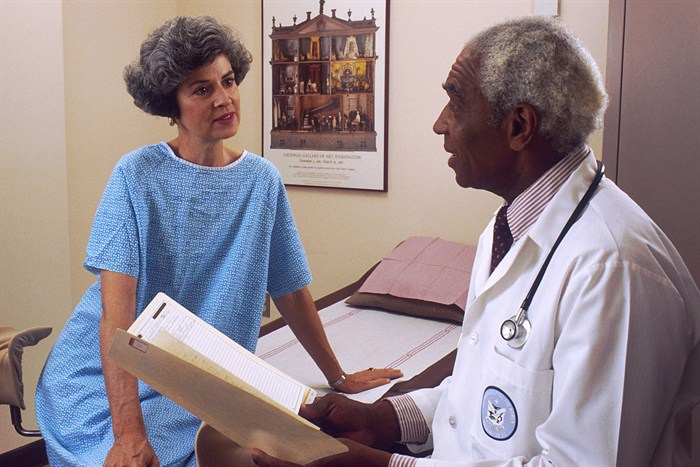
After being given the green light to bring your hospital stay to an end, you’ll likely be anxious to get out as quickly as possible (and we can’t blame you!).
Unfortunately, leaving the hospital doesn’t mean you’re leaving the reason for your visit behind. Because most people don’t leave the hospital fully recovered, but instead good enough to continue the recovery process outside of the hospital, it’s important that you have a thorough understanding of your condition, how to care for yourself and how to get help should you require it.
Prior to discharge, you’ll want to grab a pen and a piece of paper and take note of the following information so that you continue to recover and stay healthy once you’re back home or in a rehabilitation program.
- What’s your current medical status? How has it changed/improved since you were originally hospitalized?
- What medications will you need? Be sure to including dosage and frequency in your notes.
- Where will you be able to pick up your medications? Will they send prescriptions to your usual pharmacy or do you need to pick up elsewhere?
- Who do you call if you have an issue? If you have a flare up, reaction to medication or some other non-emergency medical issue, do you have the direct contact information of the person who can help you?
- When is your follow up appointment? You’ll likely need to check in with your doctor to make sure you are healing properly. Make this appoint before leaving the hospital so you don’t have to worry about not fitting into your doctor’s schedule.
- What should you expect during the recovery process? This information may include how long they anticipate healing to take and any bumps in the road you may encounter.
- (If applicable) How will you be transported out of the hospital? Will you need someone to accompany you? Will you require an ambulance? Who is responsible for coordinating this transportation?
- Will you need any special home modifications or equipment to allow safe and comfortable living at home? Items such as hand rails, a wheel chair or IV equipment may be necessary for safe living; be sure to have it ready for when you arrive home.
- Do you need any type of therapy or home care? If so, who is responsible for coordinating this type of care – hospital or patient?
- Does your primary care doctor know about your current condition? The hospital should send your medical information to your primary care physician to ensure they are aware of your updated medical history.
